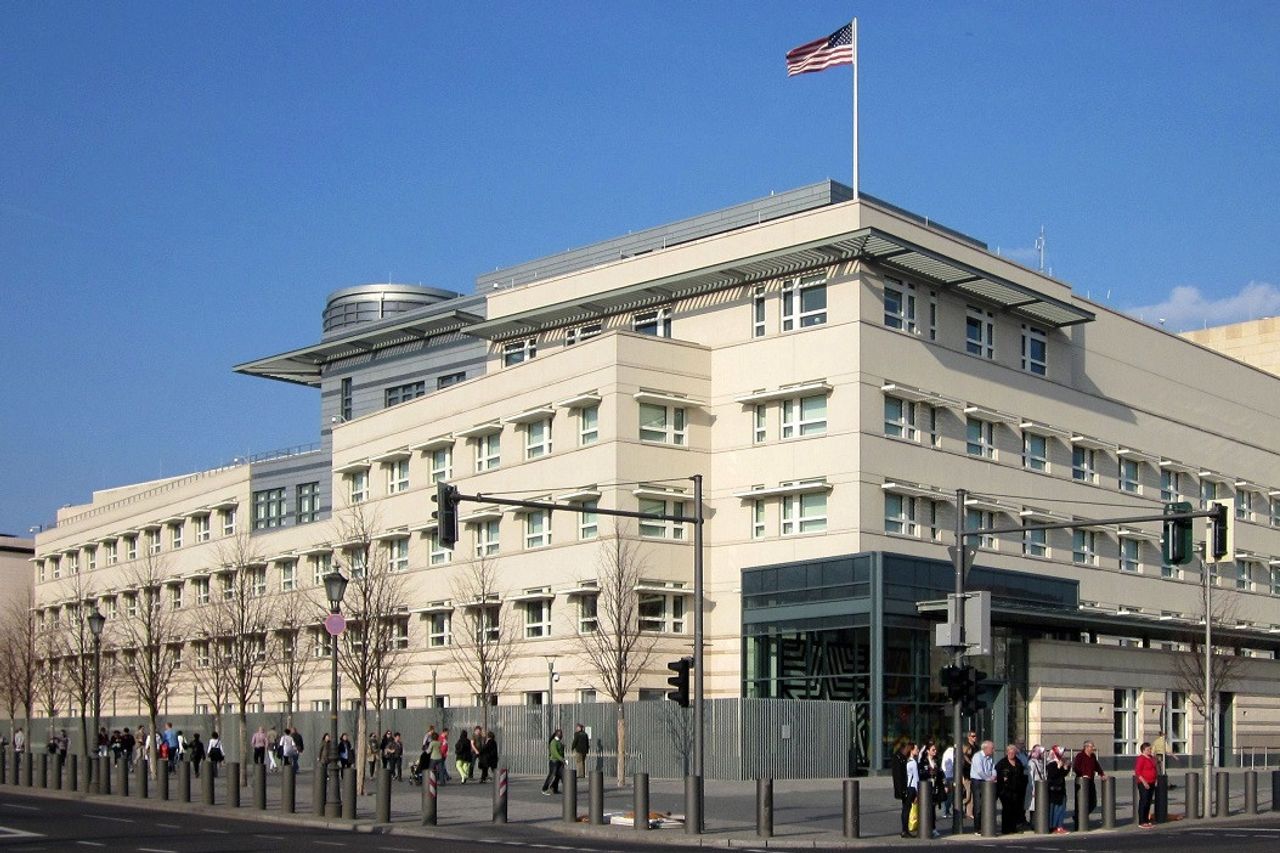Berlin Police Hold Investigation Of Havana Syndrome Case At US Embassy

JAKARTA - German police have announced they are investigating several cases of the so-called Havana Syndrome found at the United States Embassy in Berlin on Friday.
Havana syndrome has mysteriously affected about 200 US diplomats and officials and their family members around the world.
Still a mystery, the syndrome, which has symptoms including migraines, nausea, memory loss and dizziness, came to public attention in 2016, after dozens of diplomats at the US Embassy in Havana, Cuba, complained of the disease.
Responding to a report by the Der Spiegel news magazine, Berlin police said they had been investigating "an alleged sonic gun attack against a US Embassy employee since August," but declined to provide further information, citing Reuters Oct. 9.
A spokesman for the US Embassy in Berlin declined to comment on specific incidents, but said US investigations were ongoing into cases around the world.
Separately, President Joe Biden on Friday signed legislation providing financial assistance to government personnel suffering from the syndrome.
In July, Austria said it was working with U.S. authorities to resolve a string of suspected cases among U.S. diplomats in Vienna.
Previously, US Central Intelligence Agency (CIA) Director William Burns said in July that about 100 CIA officers and their family members were among the 200 or so officials and their relatives with Havana syndrome.
Director Burns noted that a US National Academy of Sciences panel in December found the use of directed energy beams to be a plausible cause.
He said there was a "very strong possibility" the symptoms were intentionally caused, and that Russia could be held responsible. Meanwhile, Moscow has denied involvement.




